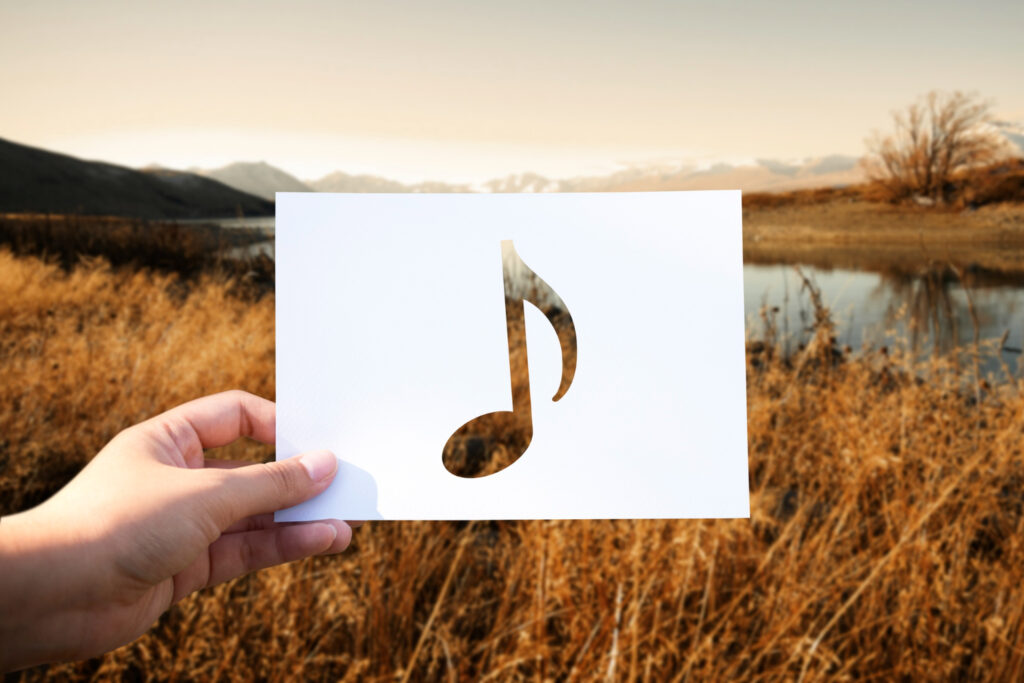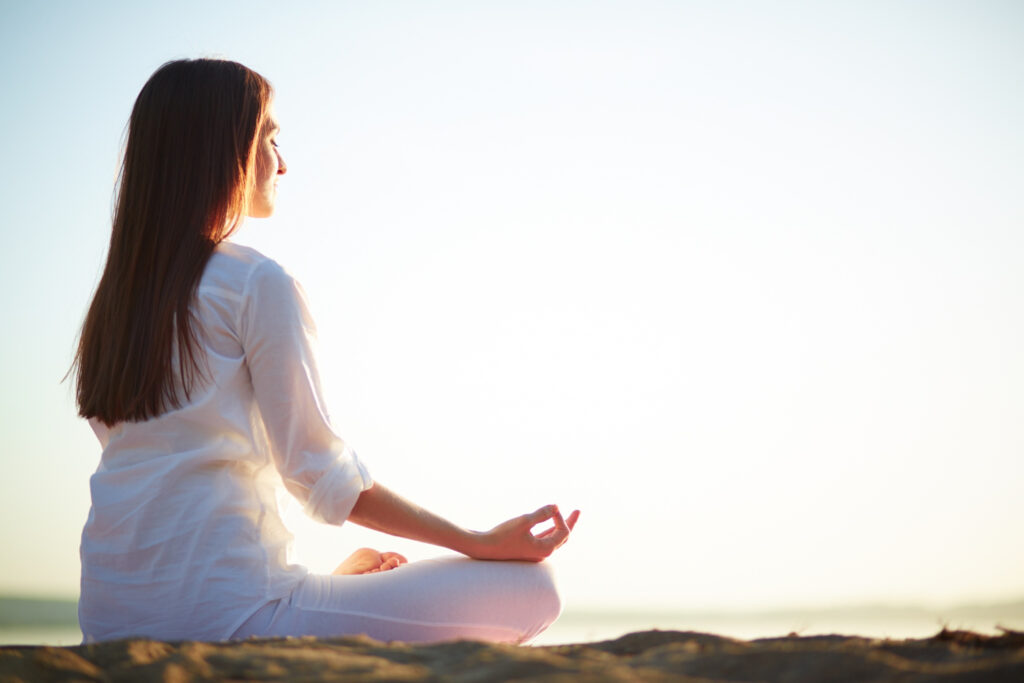Summertime brings longer days, warmer weather, and a chance to bask in the sun. However, as we dive into these enjoyable months, it’s crucial to remember the importance of summer precautions. From protecting your skin to staying hydrated, this guide will cover all the bases to ensure a safe and healthy summer. Let’s explore the various aspects of staying safe and thriving during the sunny season.
1. The Importance of Summer Precautions
Understanding Summer Hazards
Summer is synonymous with fun, but it also comes with its own set of hazards. The intense heat, UV radiation, and outdoor activities can pose significant risks if we aren’t careful. Understanding these hazards is the first step in taking effective precautions. Heatstroke, dehydration, and sunburn are just a few issues that can turn a beautiful summer day into a medical emergency.
Proactive Measures for a Safe Summer
Taking proactive measures can significantly reduce the risks associated with summer hazards. Simple steps like wearing sunscreen, drinking plenty of water, and taking breaks in the shade can make a world of difference. Remember, it’s not about avoiding the sun altogether but enjoying it responsibly.
2. Protecting Your Skin from Harmful UV Rays
The Role of Sunscreen
One of the most essential summer precautions is protecting your skin from harmful UV rays. Sunscreen is your best friend in this regard. Choose a broad-spectrum sunscreen with an SPF of at least 30, and reapply it every two hours, especially after swimming or sweating. Don’t forget areas like your ears, neck, and the tops of your feet.
Wearing Protective Clothing
In addition to sunscreen, wearing protective clothing is an effective way to shield your skin. Opt for lightweight, long-sleeved shirts, wide-brimmed hats, and UV-blocking sunglasses. These not only protect your skin but also keep you cooler by reducing direct sun exposure.
3. Staying Hydrated in the Heat
The Importance of Hydration
Staying hydrated is a critical summer precaution. The heat can quickly lead to dehydration, which can cause headaches, dizziness, and more severe health issues. Make it a habit to drink water regularly, even if you don’t feel thirsty. Carry a water bottle with you wherever you go and sip from it frequently.
Recognizing Signs of Dehydration
Understanding the signs of dehydration can help you take action before it becomes serious. Symptoms include dry mouth, dark urine, fatigue, and confusion. If you notice any of these signs, increase your fluid intake immediately. In extreme cases, seek medical attention.
4. Managing Heat Exposure
Recognizing Heat-Related Illnesses
Heat-related illnesses, such as heat exhaustion and heatstroke, can be life-threatening. Recognizing the symptoms early is crucial. Heat exhaustion symptoms include heavy sweating, weakness, and nausea, while heatstroke can cause a high body temperature, altered mental state, and loss of consciousness.
Preventing Heat-Related Illnesses
To prevent heat-related illnesses, avoid strenuous activities during the hottest parts of the day. Seek shade, wear light-colored clothing, and use fans or air conditioning to stay cool. If you must be outside, take frequent breaks and hydrate often.
5. Safe Enjoyment of Water Activities
Swimming Safety Tips
Swimming is a favorite summer activity, but it requires careful attention to safety. Always swim in designated areas supervised by lifeguards. Never swim alone, and make sure children are constantly supervised. Understanding basic water safety rules can prevent accidents and save lives.
Boating and Water Sports Precautions
Boating and water sports also require specific precautions. Always wear a life jacket, follow boating regulations, and never operate a boat under the influence of alcohol. For water sports, ensure you have the proper equipment and training. Respect weather warnings and avoid going out in rough conditions.
6. Preventing Insect Bites and Stings
Using Insect Repellent
Summer also brings out insects like mosquitoes and ticks, which can carry diseases. Using insect repellent is a simple yet effective summer precaution. Choose a repellent with DEET, picaridin, or oil of lemon eucalyptus, and apply it to exposed skin and clothing.
Checking for Ticks
After spending time outdoors, especially in wooded or grassy areas, check yourself, your children, and your pets for ticks. Promptly removing ticks can prevent diseases such as Lyme disease. Pay close attention to hidden areas like the scalp, armpits, and behind the knees.
7. Food Safety During Summer Picnics
Safe Food Handling Practices
Summer picnics and barbecues are delightful but can pose food safety risks. Bacteria thrive in warm temperatures, making it crucial to follow safe food handling practices. Keep raw meat separate from other foods, and use a food thermometer to ensure meats are cooked to safe temperatures.
Keeping Foods at Safe Temperatures
To prevent foodborne illnesses, keep cold foods cold and hot foods hot. Use coolers with ice packs for perishables, and don’t leave food out for more than two hours—or one hour if the temperature is above 90°F. Proper food storage is key to enjoying summer meals safely.
8. Protecting Your Eyes from UV Damage
Choosing the Right Sunglasses
Protecting your eyes from UV damage is another vital summer precaution. Choose sunglasses that block 100% of UVA and UVB rays. Wraparound styles provide the best coverage by preventing rays from entering from the sides.
Wearing a Hat for Extra Protection
A wide-brimmed hat offers additional protection for your eyes and face. It shades your eyes and reduces glare, making it more comfortable to spend time outdoors. Combining sunglasses with a hat provides comprehensive protection against harmful UV rays.
9. Caring for Your Feet
Choosing the Right Footwear
Summer often means more time spent walking, hiking, and participating in outdoor activities. Wearing the right footwear is essential to avoid blisters, sprains, and other foot injuries. Choose shoes that fit well, provide good support, and are appropriate for the activity.
Foot Hygiene Tips
Keeping your feet clean and dry is crucial, especially in the summer heat. Change socks regularly and allow shoes to air out between uses. If you spend time in communal areas like pools or locker rooms, wear flip-flops to prevent fungal infections.
10. Ensuring Safety for Children
Supervision and Safety Rules
Children are especially vulnerable to summer hazards, so supervision is key. Establish and enforce safety rules for activities like swimming, biking, and playing in the sun. Make sure children understand the importance of wearing helmets, using sunscreen, and staying hydrated.
Creating a Safe Play Environment
Create a safe play environment by inspecting play areas for hazards. Ensure playground equipment is in good condition and that play areas are free from sharp objects and harmful insects. Regularly check for updates on product recalls to keep children safe.
11. Preparing for Emergencies
Assembling a Summer Emergency Kit
Being prepared for emergencies is an important summer precaution. Assemble an emergency kit that includes first aid supplies, water, non-perishable food, a flashlight, and any necessary medications. Keep the kit accessible and ensure everyone in the household knows its location.
Knowing Emergency Contacts
Have a list of emergency contacts readily available, including local emergency services, your doctor, and a trusted neighbor. Make sure everyone in the family knows who to contact in case of an emergency and practice emergency procedures, such as what to do during a heatwave or severe storm.
Conclusion: Enjoying Summer Safely
Summer is a time for fun and relaxation, but taking the right precautions can ensure it stays that way. From protecting your skin and staying hydrated to ensuring safety during outdoor activities, these summer precautions are essential for a healthy, enjoyable season. Embrace the warmth and sunshine responsibly, and make the most of your summer without compromising your health and safety.





